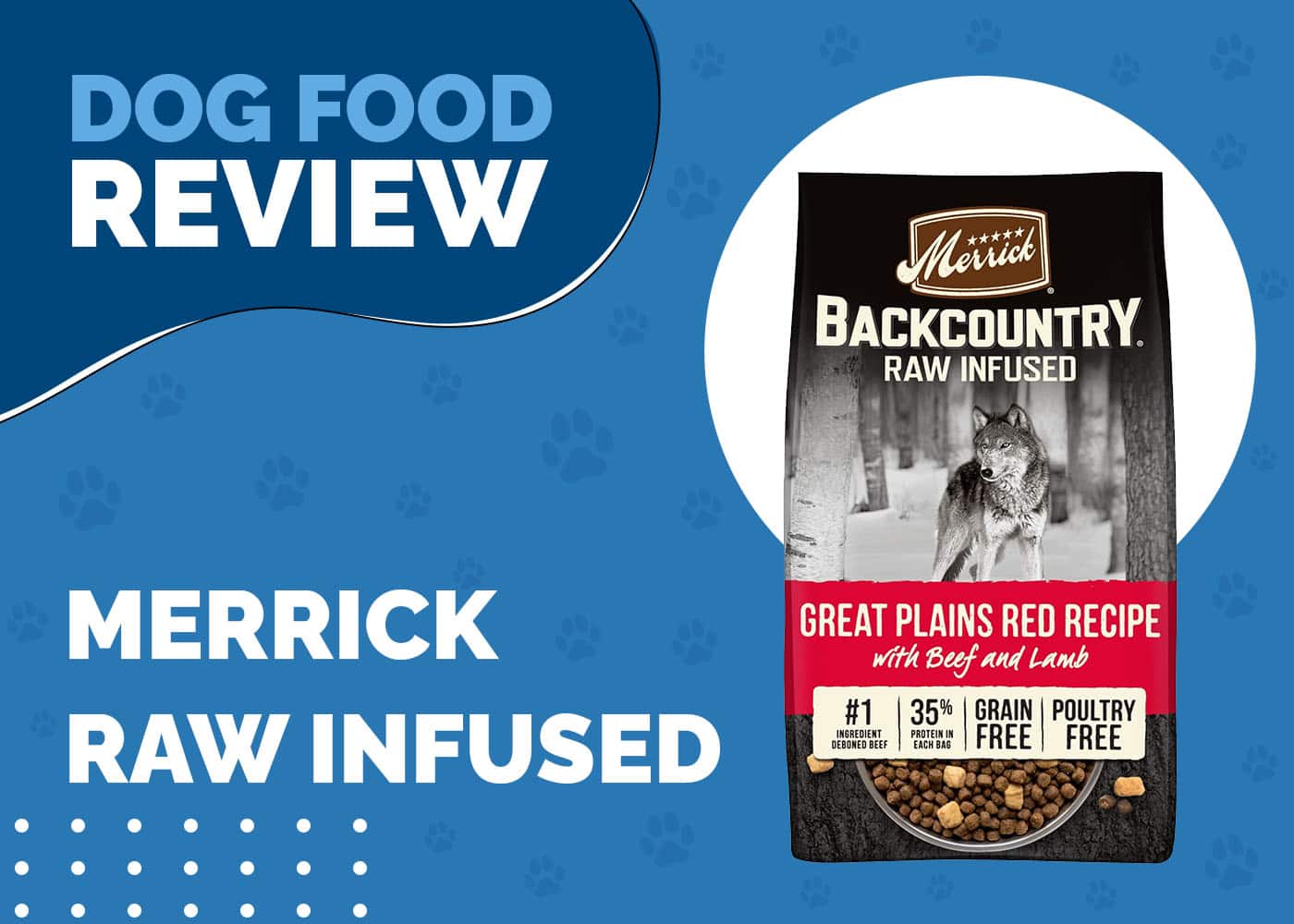Milk of Magnesia for Dogs: Vet-Reviewed Uses & Potential Side Effects
Updated on

We’ve all experienced some form of constipation and stomach upset at some point, and many of us have used milk of magnesia to fix the problem. But what happens if it’s your dog who has constipation? Can you give him milk of magnesia as well? It works well for us, so why not dogs?
Well, it turns out you can! Milk of magnesia is actually safe for your dog to take, but please read on to learn more.
What Exactly Is Milk of Magnesia?
Milk of magnesia is essentially a laxative that comes in liquid form and contains the active ingredient of magnesium hydroxide. It’s an ingredient that is commonly used in over-the-counter medications to help aid in issues with stomach acid and constipation.
The magnesium hydroxide is combined with water, so it needs to be shaken well before use. It’s usually relatively harmless and has negligible side effects, and it is great for heartburn, constipation, and acid reflux.
How Milk of Magnesia Works
Milk of magnesia acts as an antacid and will help neutralize the acid in your dog’s stomach. It also acts as a laxative by inducing the intestines to draw extra water via osmosis which will help those hard, dry poops to soften and induce regular bowel movements. This way, milk of magnesia helps to loosen those bowel contents and regulates the stomach acid at the same time.

When You Should Give Milk of Magnesia to Your Dog
Constipation
- Straining to poop with little to no results
- Poop is hard and dry
- Vomiting on occasion
- A small amount of liquid stool, sometimes with blood after a long period of straining
- Depression
- Loss of appetite
- Swelling around the anus
- Signs of pain or vocalizing while pooping
- Too much or too little fiber in the diet
- Not enough water intake
- Lack of exercise
- Stress/changes in the environment
- Side effects from medication
- Intestinal blockage
- Ingested foreign material (such as hair, bones, or any foreign material)
These are the most standard contributors that can lead to constipation for dogs, but there can be other factors. Ensure you’re exercising your dog and that they’re getting enough water. Talk to your vet about adding extra fiber or prescription dog food to their diet. Intestinal blockages and obstructions from ingested foreign objects are both considered medical emergencies and might need surgery for resolution. Additionally, the use of milk of magnesia is contraindicated in the case of intestinal blockages.
Indigestion
- Signs of pain when swallowing (whining and howling)
- Spitting food up (sometimes regurgitation)
- Weight loss
- Loss of appetite
- Excessive salivating and fever in severe cases
The general rule, however, is that you should speak to your vet if you notice any of these signs before giving your dog anything, including milk of magnesia.
 Consult Your Vet
Consult Your Vet
Sometimes your dog might just have occasional constipation that can be treated by milk of magnesia, but if it’s a recurring problem, it’s not a good idea to treat your dog with milk of magnesia, as the underlying problem should be identified and treated – and not just the constipation.
What appears to be constipation could actually be an impacted stool that will need a veterinarian’s attention.
You also can’t be sure that your dog has a different issue with their stomach or bowels, so giving them the milk of magnesia might not work if they aren’t actually suffering from indigestion or constipation. It would be best if you don’t attempt to diagnose and treat your dog at home before talking to your vet first. Your dog might need an x-ray to help rule out a blockage in the intestines or any other serious condition.

When You Should Not Give Milk of Magnesia to Your Dog
If your dog is nursing or pregnant or has an underlying health problem, it’s best to treat the constipation with a natural remedy, but again, speak to your vet first. Pumpkin is commonly used to treat constipation quite successfully and is much safer for your dog to try before attempting the milk of magnesia.
If your dog is vomiting or develops diarrhea, you should avoid the milk of magnesia and take them to the vet. It could indicate that you gave your dog too much, or it could be an allergic reaction. So again, take your dog to the vet.
Lastly, while giving milk of magnesia to senior dogs is generally acceptable, there can be interactions with other medications your dog is on (for example, it shouldn’t be taken when your dog is on any pancreatic enzymes).
Again, if your dog is on any medication or has any other medical condition and is pregnant or nursing, always consult your veterinarian.
How to Give Milk of Magnesia to Your Dog
We can’t stress enough how important it is to talk to your vet before administering milk of magnesia to your dog. However, when you’ve been given the green light from your vet, it can be added to your dog’s water.
For constipation, 1.5 tsp to 9 tsp (15 ml to 50 ml) once per day, and as an antacid, ½ tsp to 2 tsp (5 ml to 10 ml), every 4 to 6 hours would be sufficient. Your vet will give you further instructions on the exact amount that you can give your dog.
Side Effects and Other Concerns
Of course, when using a laxative, you run the risk of developing the opposite problem – diarrhea. It can also cause a decline in electrolytes (from dehydration due to diarrhea) and a loss of appetite.
Additionally, if you use any antacids (including milk of magnesia) long term, it can potentially lead to bone thinning and muscle weakness, as well as the risk of overdosing. This is why consulting with your veterinarian is so important.
Milk of Magnesia & Your Dog: Conclusion
Overall, milk of magnesia is generally quite safe to take for both animals and humans, but it should never be treated as a cure-all. It should be considered only as an option to temporarily alleviate the signs of constipation and indigestion and should not be used long-term.
The most important thing for you is finding out the root of the problem and treating it (for example, adding pumpkin to your dog’s food might help their constipation).
If you have decided to change your dog’s food, it needs to be done quite gradually, or you run the risk of further stomach issues.
Yes, we’ve been belaboring the aspect of speaking to your vet throughout this entire article, but when it comes to the safety and health of your dog, it’s worth it!
Featured Image Credit: Pernataya, Shutterstock



 Consult Your Vet
Consult Your Vet










